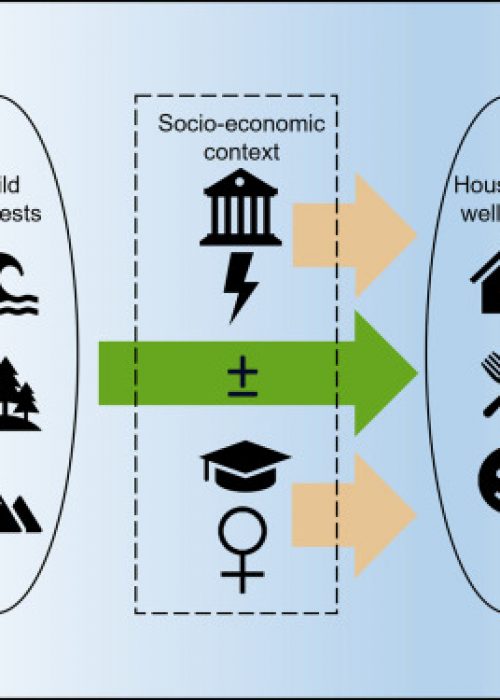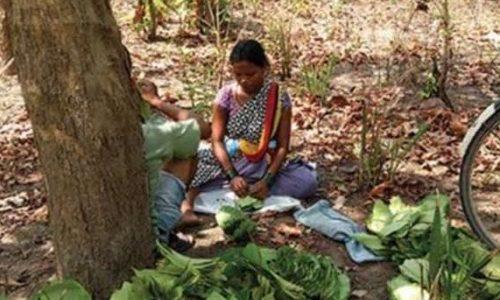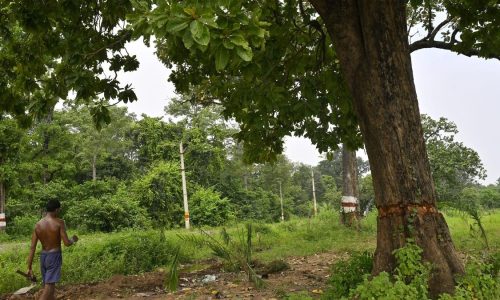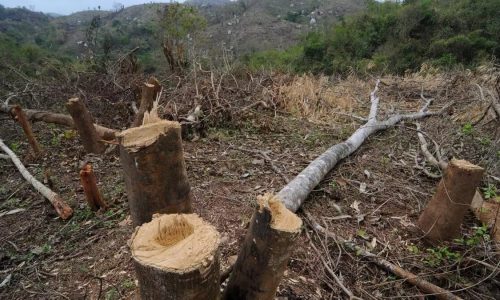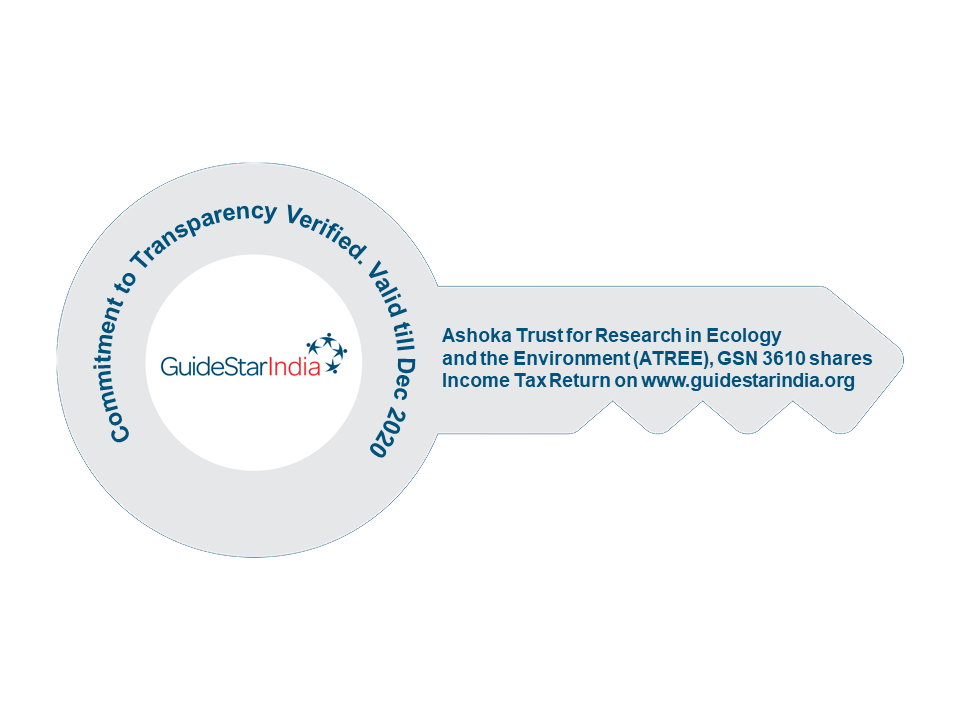Geoff J. Wells, Casey M. Ryan , Anamika Das, Suman Attiwilli , Mahesh Poudyal , Sharachchandra Lele , Kate Schreckenberg , Brian E. Robinson , Aidan Keane , Katherine M. Homewood , Julia P.G. Jones , Carlos A. Torres-Vitolas , Janet A. Fisher , Sate Ahmad , Mark Mulligan , Terence P. Dawson , Helen Adams , R. Siddappa Setty , Tim M. Daw
One Earth, Volume 7, Issue 2, 311 – 324 | December 27, 2023
Local access to “wild,” common-pool terrestrial and aquatic resources is being diminished by global resource demand and large-scale conservation interventions. Many theories suggest the well-being of wild harvesters can be supported through transitions to other livelihoods, improved infrastructure, and market access. However, new theories argue that such benefits may not always occur because they are context dependent and vary across dimensions of well-being. We test these theories by comparing how wild harvesting and other livelihoods have been associated with food security and life satisfaction in different contexts across ∼10,800 households in the tropics. Wild harvests coincided with high well-being in remote, asset-poor, and less-transformed landscapes. Yet, overall, well-being increased with electrical infrastructure, proximity to cities, and household capitals. This provides large-scale confirmation of the context dependence of nature’s contributions to people, and suggests a need to maintain local wild resource access while investing in equitable access to infrastructure, markets, and skills.

